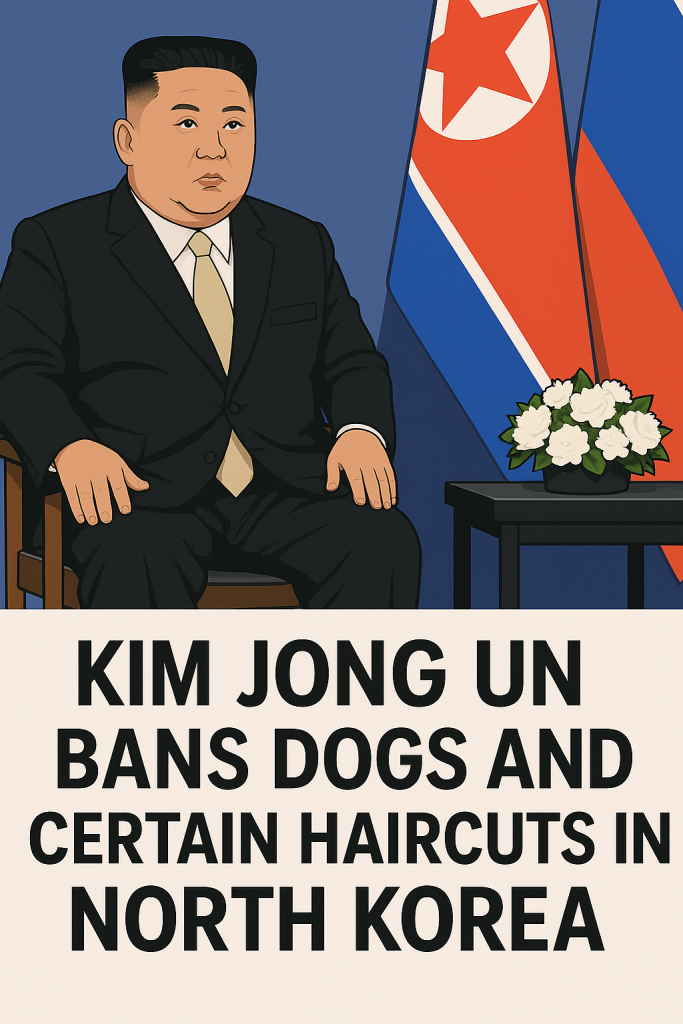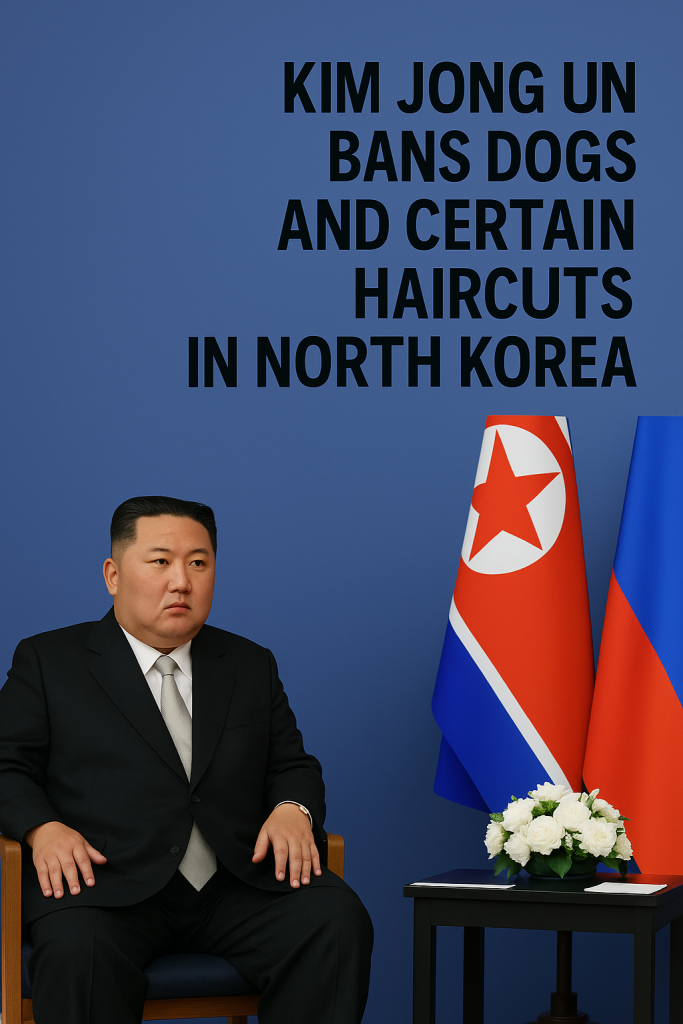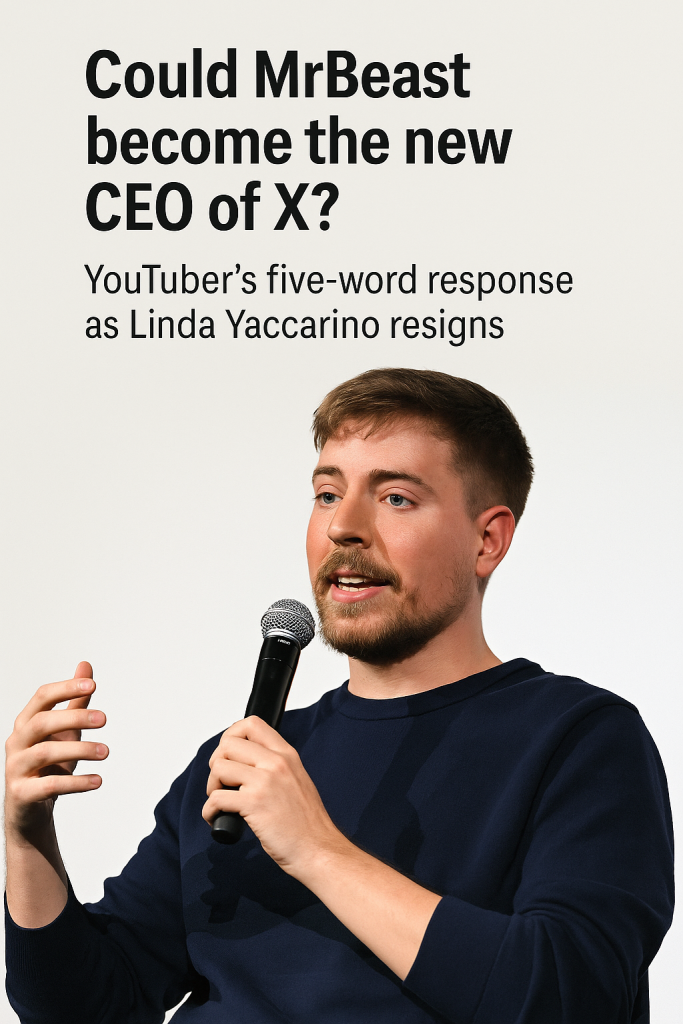In a surprising move that has captured international attention, North Korean leader Kim Jong Un has implemented new restrictions banning dog ownership and regulating certain hairstyles across the country. The latest directives, announced in early 2024, are part of a broader effort by the regime to control personal expression and enforce greater conformity among its citizens.
Ban on Dogs
According to information emerging from defectors and analysis by experts familiar with North Korean affairs, citizens have been instructed to give up pet dogs. This unusual policy reportedly stems from the regime’s prioritization of food security amidst ongoing economic challenges and sanctions. Dogs are seen as a resource strain, with officials portraying them as non-essential animals that consume valuable food supplies at a time when the country faces persistent food shortages.
Reports indicate that families who own dogs are being pressured to surrender their pets, and state officials are conducting inspections to ensure compliance. While dog ownership was never widespread in the country compared to many urban areas globally, the ban reflects a rare and highly visible social mandate that directly affects citizens’ private lives. Some experts speculate the measure could also be intended to project an image of strict control and discipline under Kim’s leadership.
Restrictions on Hairstyles
Alongside the canine crackdown, the North Korean government has issued new hairstyle guidelines, banning certain cuts deemed “inappropriate” or too modern by the regime. The list of prohibited hairstyles reportedly includes several styles popular among young people in South Korea and Western countries, indicating a desire to limit cultural influences viewed as subversive.
Official statements emphasize that these hairstyle regulations are designed to promote a “revolutionary and disciplined appearance” in line with North Korean values and socialist ideals. Public hair salons have been instructed to enforce these new codes strictly, and deviation from approved styles may lead to warnings or penalties.
These hairstyle restrictions reflect a continuing trend in North Korea under Kim Jong Un’s rule, where personal expressions such as clothing, grooming, and entertainment are tightly monitored and restricted. The leadership aims to ensure that outward appearances align with the state’s ideological messaging and discourage youth from adopting foreign cultural norms.
International and Domestic Reactions
The international community has viewed these bans as further evidence of North Korea’s intensifying control over its population amid geopolitical tensions and internal economic pressures. Human rights advocates argue that prohibitions on personal freedoms—such as owning pets or selecting one’s hairstyle—highlight the regime’s oppressive nature and the daily struggles faced by ordinary North Koreans.
Domestically, information is scarce due to the country’s isolation and strict censorship. However, defectors share that these measures contribute to widespread frustration and disillusionment within the population, though overt opposition is rare due to fear of punishment.
Contextual Analysis
North Korea has long been known for its rigid social controls. Previous restrictions on fashion, music, and foreign media consumption have sought to insulate the population from outside influences. The new bans on dogs and hairstyles are consistent with this pattern, underscoring Kim Jong Un’s focus on maintaining ideological purity and regime stability.
Experts monitoring the situation suggest that these policies might also serve a symbolic purpose, reinforcing Kim’s authority as he faces both internal challenges and international sanctions. By dictating even the smallest details of daily life, the regime asserts its dominance and discourages any semblance of individualism.
Looking Ahead
As these new restrictions take effect, it remains to be seen how they will impact everyday life in North Korea and whether they will spur any covert forms of resistance or



